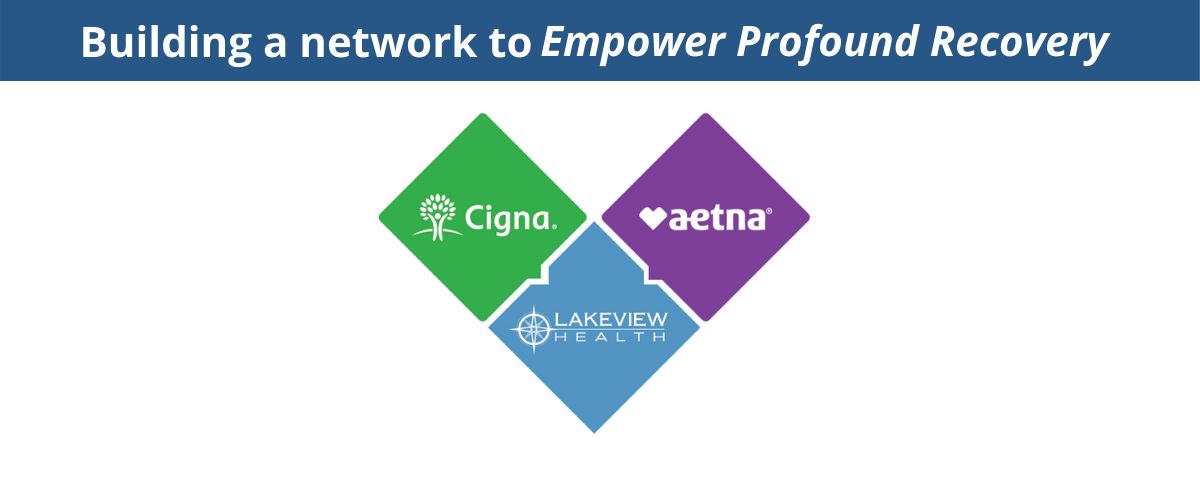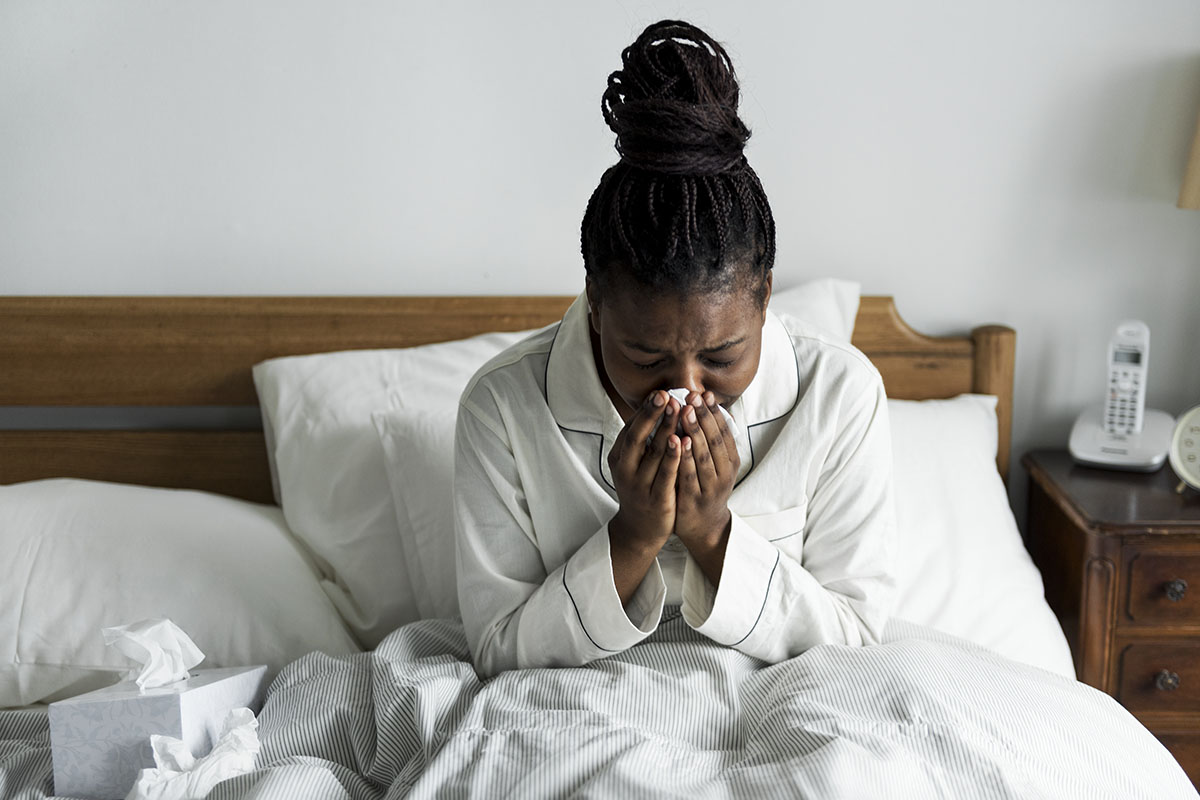More than 4,600 people died of drug overdoses in Pennsylvania last year, a 37 percent increase from 2015 according to a recent report published by the Philadelphia field division of the US Drug Enforcement Administration and the University of Pittsburgh. Heroin has been replaced by the synthetic opioid fentanyl (and fentanyl-related substances) as the number one killer drug in Pennsylvania, according to the new report. “Fentanyl and fentanyl-related substances (FRS) were the most frequently identified in decedents (52 percent of deaths), a significant increase from 2015 when fentanyl/FRS were noted in 27 percent of deaths.” The presence of fentanyl/FRS increased dramatically during the course of the year. While fentanyl and FRA were found to be present in 32 percent of overdoses in January 2016, that share shot up to 73 percent by December. “The latest DEA figures on heroin and opioid deaths in Pennsylvania are extremely disturbing and reinforce that Pennsylvania and the federal government must fight even harder to combat the damage done to our families and communities by heroin and opioids and the disease of addiction,” Governor Tom Wolf said. The government of the Commonwealth is not the only body trying to combat the epidemic. Grassroots initiatives are appearing everywhere in Pennsylvania, and their actions go beyond limiting the access to drugs, with hopes of ending the opioid epidemic. Two non-profit organizations recently launched Strokes of Change in New Kensington, a community in Westmoreland County east of Pittsburgh. It’s a collaboration between Habitat for Humanity Allegheny Valley and Lost Dreams Awakening. Habitat for Humanity is a global organization that helps people build homes. Lost Dreams Awakening is a local organization that helps those in long-term addiction recovery. Strokes of Change connects people recovering from addiction with low-income people to help with home repairs. They are operating in an area hard hit by the addiction crisis. Westmoreland County saw a 38 percent increase in drug overdose deaths from 2015 to 2016. In neighboring Allegheny County, where Pittsburgh is located, the increase was an alarming 53 percent over that period. “In the midst of this opioid epidemic, all you hear about is death,” VonZell Wade, co-creator of Lost Dreams Awakening, told the Associated Press. “We thought Strokes of Change would be an excellent way to really show that people can—and do—recover.” The program began in May. Participants do minor home repair work or work at Habitat’s ReStore, which resells donated goods. John Tamiggi is the executive director at Habitat for Humanity Allegheny Valley. He told the AP he liked what Wade was doing and thought it would be good to work with him on something that could benefit the community. “We ultimately believed that such efforts would vanguard not only community revitalization but create genuine purpose and meaning in the life of the recovery participant,” Tamiggi said. Rediscovering a sense of purpose in life is enormously important for a successful recovery from addiction. This insight is at the core of the integrative health approach to well-being at Lakeview Health, a nationally recognized addiction treatment center in Jacksonville, Florida. At Lakeview Health, we provide out-of-state rehab programs in an environment away from the stresses and triggers of everyday life. “When patients experience recovery in a residential setting, they get a full body-mind-spirit experience,” explains Dr. Hemphill, the former chief clinical officer of Lakeview Health. “Their whole sense of self, how they see themselves, and the way they function in society get a reset. All aspects of their lives are addressed, not just the substance use.”

Addiction Blog
- Addiction Articles
- Addiction Recovery
- Addiction Research
- Addiction Treatment Programs
- Aftercare & Relapse Prevention
- Alcohol Addiction
- Christian Drug Rehab
- Covid-19
- Detox
- Drug Addiction
- Dual Diagnosis
- Family Therapy & Support
- From Our CMO
- Gender-Responsiveness Treatment
- Guest Blogs
- Health and Wellness
- Holistic Treatment
- Lakeview Health
- Men’s Addiction Treatment
- Mental Health
- News
- Pain Management
- Podcasts
- Prescription Drugs
- Press Releases
- Sober Living
- Stories of Recovery
- Substance Abuse Treatment
- Teen/Young Adult
- Trauma Treatment
- Uncategorized
- Webinar
- Women’s Addiction Treatment



